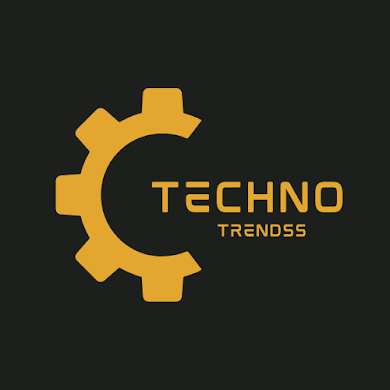Welcome to the world of Clojure! If you're new to the language and looking to get started, you're in the right place. In this blog, we'll explore the different ways you can learn Clojure from scratch and provide a roadmap to help guide you on your journey.
Before we dive into the details, let's first take a look at what Clojure is and why it's worth learning.
What is Clojure?
Clojure is a modern, functional programming language that runs on the Java Virtual Machine (JVM). It was designed to be simple, expressive, and easy to learn, making it a great choice for both beginners and experienced programmers alike.
One of the key features of Clojure is its focus on immutability, which means that once a value is set, it cannot be changed. This helps to prevent common programming errors and makes it easier to reason about code.
Why learn Clojure?
There are many reasons why you might want to learn Clojure. Here are a few:
It's a functional programming language:
a. Functional programming is a programming paradigm that focuses on the use of functions to solve problems.
This can make it easier to write code that is concise, easy to understand, and easy to test.
b. It runs on the JVM: Because Clojure runs on the JVM, it can be used to build applications for a wide range of platforms, including web, mobile, and desktop.
c. It has a strong community: Clojure has a large and active community of developers who are always willing to help out new users. This can make it easier to find answers to your questions and get help when you need it.
So, now that you know a little bit about Clojure and why it's worth learning, let's dive into the roadmap for learning the language from scratch.
Roadmap for learning Clojure
Install Clojure and a development environment: The first step in learning Clojure is to install the language and set up a development environment. There are many tools available for this, including the Clojure CLI, Leiningen, and Eclipse. Choose the one that best fits your needs and follow the instructions to get set up.
Learn the basic syntax: Once you have a development environment set up, it's time to start learning the basic syntax of the language. This includes things like variables, functions, and data types. There are many resources available for this, including online tutorials and books.
Explore the functional programming paradigm: As mentioned earlier, Clojure is a functional programming language, so it's important to familiarize yourself with this paradigm. This includes concepts like pure functions, recursion, and immutability.
Practice, practice, practice: The best way to learn any programming language is through practice. As you work through tutorials and examples, try to come up with your own challenges and projects to work on. This will help you solidify your understanding of the language and give you real-world experience.
Join the community: As you learn Clojure, be sure to take advantage of the strong community of developers who are always willing to help out new users. You can find help on forums, Discord channels, and other online communities.
Conclusion
Learning a new programming language can be intimidating, but with the right tools and resources, it can also be a lot of fun. By following the roadmap outlined above, you'll be well on your way to becoming a proficient Clojure programmer. Good luck on your journey, and happy coding!

.jpg)




0 Comments
Regards
Faisal Hassan